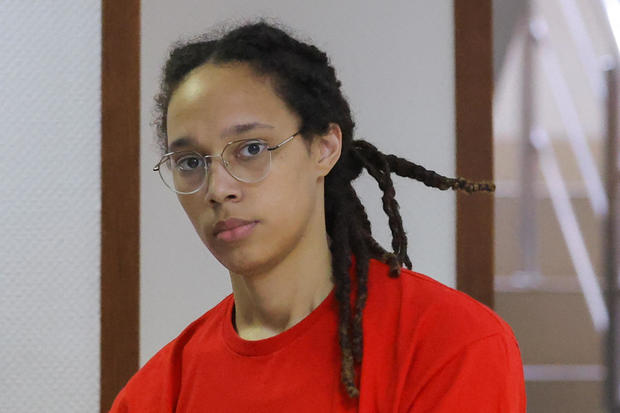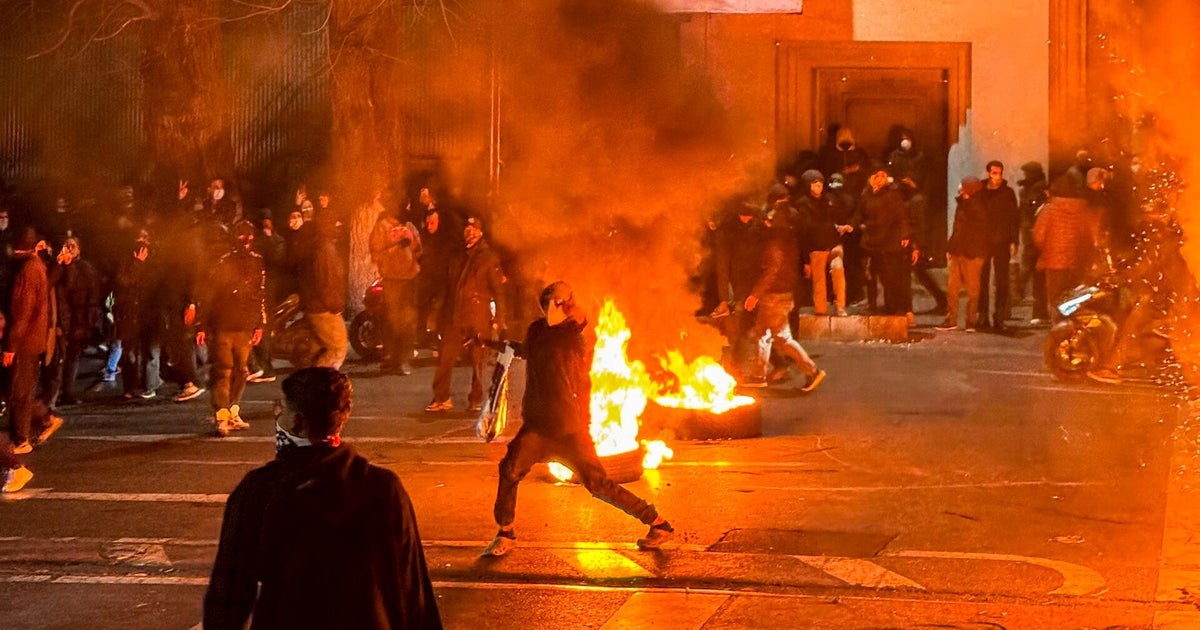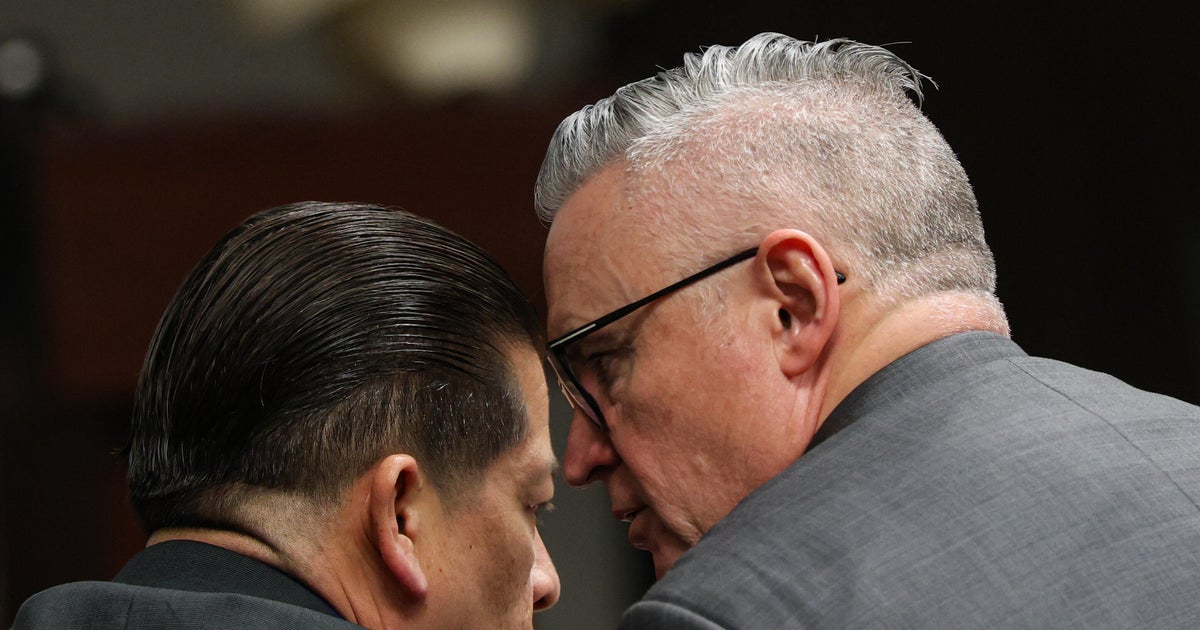Brittney Griner pleaded guilty in Russia to marijuana charges, so what happens next?
WNBA star Brittany Griner pleaded guilty Thursday to bringing cannabis-derived oil cartridges to Russia, saying she had done so by accident. The move was significant as it shed the first light on her defense team's strategy, and it could potentially pave the way for a prisoner swap with the U.S. or a pardon that could see Griner freed.
"We of course hope for the leniency of the court," the basketball player's Russian lawyer, Maria Blagovolina, was quoted as saying by local media on Thursday outside a Moscow courthouse. "Considering all the circumstances of the case and taking into account the personality of our client, we believe that the admission of guilt should certainly be taken into account."
From a procedural standpoint, under Russia's legal system a pardon or prisoner swap can only happen if the individual has already been convicted. Moscow is unlikely to respond to any of Washington's requests for Griner's release until she has formally been convicted.
Deputy Russian Foreign Minister Sergey Ryabkov said Thursday that "there are no formal or procedural reasons to discuss further steps" until Griner's trial is concluded.
On Friday, Ryabkov indicated that Russia was interested in putting the ball in Washington's court — leaving the Biden administration to make an offer for a potential swap if the two sides can reach the stage of closed-door negotiations on an exchange.
"As for any exchange schemes, our position is the same: this needs to be done behind closed doors through the available channels," Ryabkov said.
Ryabkov signaled clearly that Moscow could be interested in negotiating a swap for notorious Russian arms dealer Viktor Bout, the so-called "Merchant of Death," who has been in U.S. custody since 2008.
"I'm not sure that any additional activity, especially in the public sphere, will help a correct, balanced compromise and find a basis to alleviate the fate of a lot of our compatriots such as Viktor Bout, who has health problems, [or] such as Seleznev, and many others," he said, referring to Roman Seleznev, who is serving a 27-year prison sentence in the U.S. on cyber-fraud charges.
U.S. officials have repeatedly referred to Griner as "wrongfully detained," a label the Kremlin said is not "helpful" in negotiations.
Secretary of State Anthony Blinken said Friday during an official visit to Indonesia that securing the release of Griner and another U.S. citizen, Paul Whelan, who was sentenced to 16 years in prison on espionage charges in Russia, was a "number one priority" for the Biden administration.
Asked about Ryabkov's remarks suggesting Griner's trial would have to play out before there was any further movement on a potential prisoner swap, Blinken told reporters he was "not going to engage in hypotheticals."
"We'll look for ways to engage and do everything we can to bring people home as quickly as we possibly can," he said.
Even though Griner has entered a guilty plea it could still take weeks or even months for the judge to issue a verdict in the case. Griner is expected to give testimony during the next hearing, which is scheduled for July 14.
The admission of guilt could play in Griner's favor in the long term, as it may lead to a shorter trial than would be expected if her legal team were to mount a fierce resistance to the charges. That was the case with another American, Trevor Reed, who was recently released in a swap for Russian pilot Konstantin Yaroshenko. After fighting the charges against him for nearly three years while he languished in a Russian prison, Reed was reportedly still made to sign a paper admitting his wrongdoing before he was released.
Possession and use of marijuana are illegal in Russia. Statistically, very few criminal cases end in acquittal in the Russian justice system.
If any negotiations on a potential prisoner swap fail — or fail to even materialize, given relations between Washington and Moscow are currently at or near an all-time low — pleading guilty and asking the court for mercy could at least see any sentence imposed on Griner shortened.
"We're still in a wait-and-see posture as to how the trial proceeds,"William Pomeranz, the acting director of the Wilson Center's Kennan Institute in Washington and an expert on Russian law, told CBS News on Thursday.
"I think she pled guilty mainly to throw herself on the mercy of the court and to plead for leniency," Pomeranz said. He's previously told news outlets that that is often the best strategy to adopt with Russia's courts.
"We'll have to see if she gets the maximum sentence. Clearly this case has now become a political case, and there are already discussions, allegedly, about having a plea agreement and a prisoner swap with a Russian prisoner for Brittney Griner," he said. "We need to basically see whether this prisoner swap is in the cards, because if she indeed wants to get home as fast as possible, it will be only if there is a swap between Russia and the United States."






